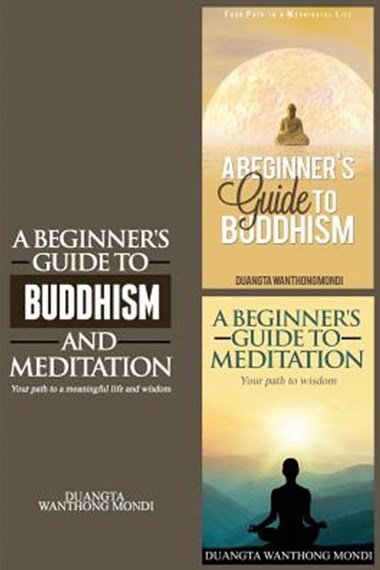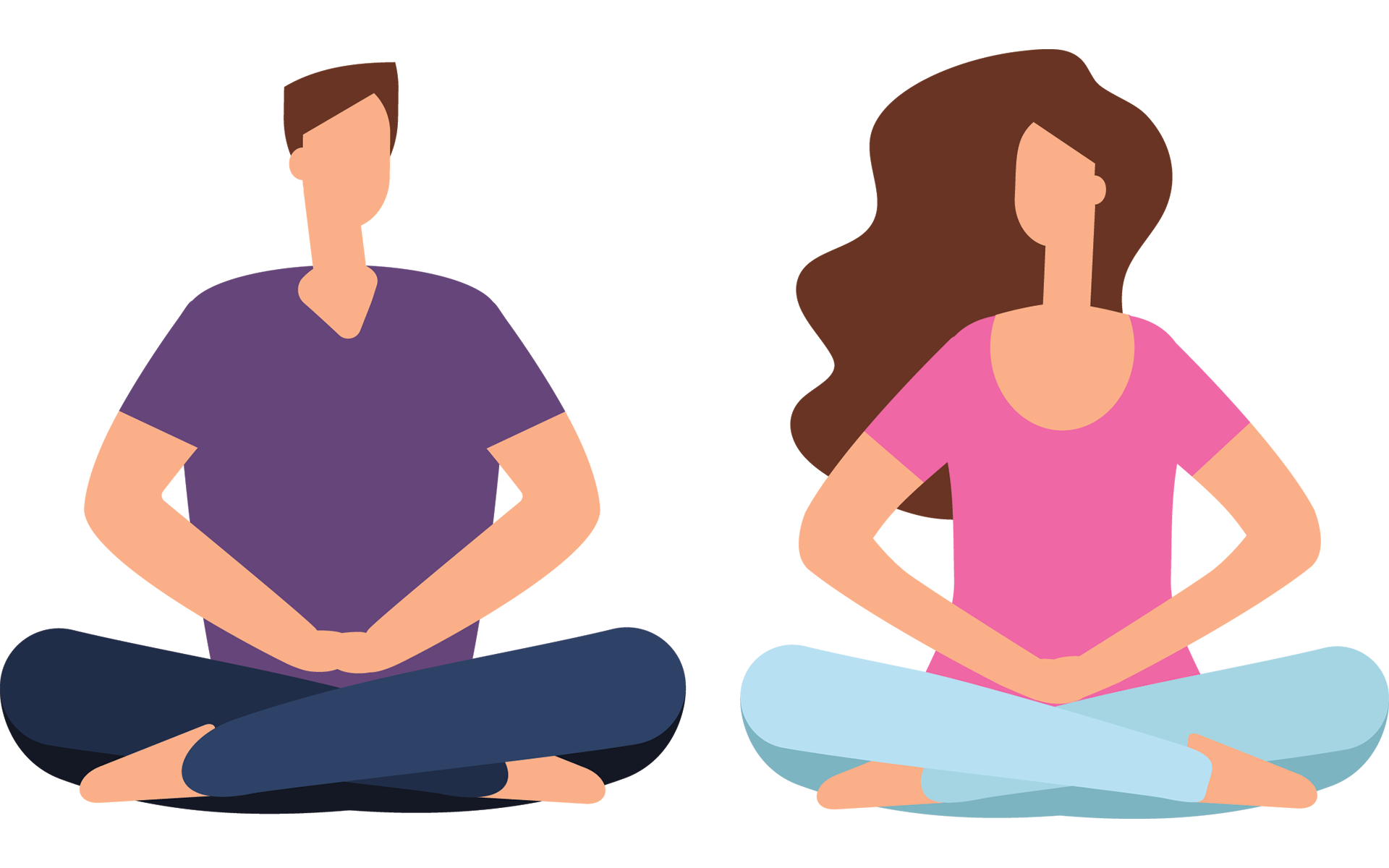
Guided meditation is a great way to increase your meditative practice. You can learn to meditate by having a professional instructor guide you. These sessions can provide a great resource for improving mental health. A guided meditation can change your perspective and inspire you to live your best life. It can give you a deeper sense and appreciation of your life.
A guided meditation guide will help you to learn the basics and practice meditation. These programs all have one goal: to help relax and release tension from specific muscle groups. The guides might tell you to put your attention on grounding, healing light. No matter what style you choose, it is important to begin slowly and work your way up to a full session. You'll soon be able to meditate in a more relaxed way once you are familiar with the basics.

When should you start a guided-meditation session? Most people find that the best times for meditation are in the morning and at night. You can meditate at these times, when kids are still asleep, dinner is already prepared, and work is still being finished. Guided meditation is a great way to start the day off fresh and get you into the right mood for sleep. The same goes for nighttime meditation to help you feel relaxed and ready to face the day.
Even though it may seem impossible to meditate alone, guided meditation can be an effective way to reach a deeper meditative state of mind and help you achieve your goals. By using a guided meditation, you'll find that it's easier to relax every part of your body. Your brain will reach a deep, meditative state. Guided meditation relaxes your whole body so that you can focus on breathing and relaxation.
Guided meditation lets you transcend logic and allows your thoughts to flow naturally. A well-tuned teacher can help you experience deeper meditation, and allow you to think more clearly and peacefully. You will be able to learn how you can meditate on your own and get a better sense of direction. If you've never tried meditation before, you should make a few attempts and see if it helps.

A guided meditation is an excellent way to relax your body and mind. It will guide you through a meditation session where you will be guided through various meditation techniques. When listening to the audio file, you should follow the instructions of the guide. Once you are comfortable with the guided meditation, you'll be able to enjoy your session even more. Listening to the audio file can help you focus if you have difficulty with concentration.
FAQ
Why is mental health so important?
Mental health is essential for everyone. Mental health is crucial for all people. So, it is essential to maintain a healthy mind.
Our bodies can start to feel stressed if we don't feel well. This could lead to physical problems such as headaches, stomach aches, backaches, and more. Our bodies and minds must be well looked after.
How does mental illness affect our daily lives and daily activities?
Mental illness affects everyone at some point in his life. The difference between individuals with mental illness or others is the fact they don’t seek treatment. Talk to someone if you feel something is not right. There are many ways to deal with depression, anxiety, stress, etc., such as therapy, medication, exercise, diet, meditation, and other methods.
How can I avoid mental health issues in the future?
Preventing problems with mental health is much easier said than done. These are some tips to remember:
-
Don't drink alcohol. Drinking alcohol can cause depression and affect your mood.
-
Avoid using drugs. Avoid drugs. They can alter brain chemistry, making you feel worse.
-
Sleep enough. Anxiety and depression can result from sleep deprivation.
-
Exercise regularly. Exercise is good for your mood and makes you feel happier.
-
Make sure you eat healthy foods. Eating junk food can make you feel sluggish and unhappy.
-
Spend quality time with loved ones. Spending time with those you love can improve your mood.
-
Have fun. Have fun!
-
You should take breaks from social media. Social media sites can make you feel lonely and isolated.
-
Be kind to yourself. Treat yourself nicely, even if you aren't feeling great.
-
Ask for help. If you're having trouble coping, then ask for help. Talking to someone you trust can be a help.
-
Remember, it's OK to cry. Crying helps release tension and stress. It doesn’t mean something bad happened.
-
Be busy. Find something you like to do.
-
You should practice good hygiene. Bad hygiene can make it difficult to feel attractive and clean.
-
Keep connected. Staying connected with others can help you remain positive.
-
Learn how relax. Relaxation techniques like yoga and meditation can help you cope better with stress.
-
Find meaning and purpose in what you do. Finding purpose in your work and hobbies can give you a sense of fulfillment.
-
Be present in the moment. When you focus on the present moment, you won't worry so much about the future.
-
Set goals. Set goals will motivate you to achieve them.
-
Do something for yourself. Doing something nice for yourself can boost your self-esteem.
-
Practice gratitude. Gratitude can help to appreciate all the blessings in your life.
-
Volunteer. Volunteering can be an enjoyable way to spend time and make a difference in the world.
-
Give back. Giving back to others can make you feel fulfilled.
-
Pay attention to warning signs. Do not hesitate to seek help if you notice changes in your behavior.
What can I do to improve my mental health and well-being?
It is vital to maintain mental health, especially for those who are stressed from school, work, and family. Exercise regularly, eat healthy meals, get enough sleep, and spend time with loved one are all ways to improve mental health. Exercise releases endorphins, which can make us happier. Our bodies also function better when we eat healthy foods. A good night's sleep will give you energy throughout the day. Finally, quality time spent with loved ones enhances our relationships as well as reduces stress.
These are 5 ways to improve your mental and/or emotional health.
-
Exercise – This is a great way to improve brain function and increase energy levels.
-
Sleep – Getting enough sleep can help reduce anxiety and stress.
-
Nutrition – Healthy foods like fruits and vegetables can help you stay strong and energized.
-
Meditation - Meditation reduces anxiety and stress.
-
Socialization - Spending time in the company of friends and family keeps us happy.
Why is students' mental health important?
Mental health is essential for students as they must be able to concentrate on school while also being able to learn well academically. Without feeling like yourself, you will not be able perform well at school. Students with depression tend to skip class, which can lead students to have poor grades. This can lead to dropping out from high school or college.
If you're struggling with depression, you should speak to your parents or teachers. They can help get you the care you deserve.
It is important to understand that not everyone with depression needs medication. Talk therapy is effective for many people. A counselor is a great option for anyone who wants to seek help.
What does my mental health have to do with my relationships?
Your mental health has an impact on every area of your life. It can affect your ability and willingness to work at all levels. A mental illness can make it difficult for you to have meaningful relationships.
A mental health condition can make it easy to isolate oneself from others. Because you feel that no one understands, you may avoid social situations.
People want to be near you. They just need to know how to approach you.
Talking to others about your feelings can help you connect with them. Ask for their guidance and tell them how you feel.
Statistics
- It does have some influence, but not nearly as much as we might think, so focusing less on attaining wealth will likely make you happier (Aknin, Norton, & Dunn, 2009); (positivepsychology.com)
- Neuropsychiatric diseases are the leading cause of death and disability in the U.S., accounting for 18.7 percent of all years of potential lifespan loss and premature mortality.
- It means no drinking any alcoholic beverages and no taking any drugs that aren't 100% natural.
- Similarly, for positive mental health, there is likely to be substantial agreement about some typical components (e.g., resilience to stress) 6, and controversy about more atypical components (e.g., career consolidation). (ncbi.nlm.nih.gov)
- Similarly, while there is some agreement about the boundaries of typical mental disorders 2, there is likely less agreement about those for positive mental health. (ncbi.nlm.nih.gov)
External Links
How To
How to Improve Your Memory
Everyone hopes to be able recall more about memory. Unfortunately, memory loss can happen to anyone at any time. More than half (50%) of Americans over 65 have some form of dementia.
It doesn't matter whether you're dealing with Alzheimer's, dementia, or other forms of cognitive decline; you have a lot of options when it comes to improving your memory. These are the three steps that you can take today to improve your memory.
-
Eat More Fruits & Vegetables. Vegetables and fruit contain vitamins, minerals, antioxidants, fiber, and other phytochemicals that can improve brain function. They also have essential nutrients that protect against neurological disease.
-
Get enough sleep. Poor concentration and memory loss have been linked to sleep deprivation. Sleep well for seven to eight hours each night.
-
Take A Walk. Walking stimulates blood flow to the brain, which improves memory. Plus, walking helps keep weight off your belly, so you look slimmer and healthier.